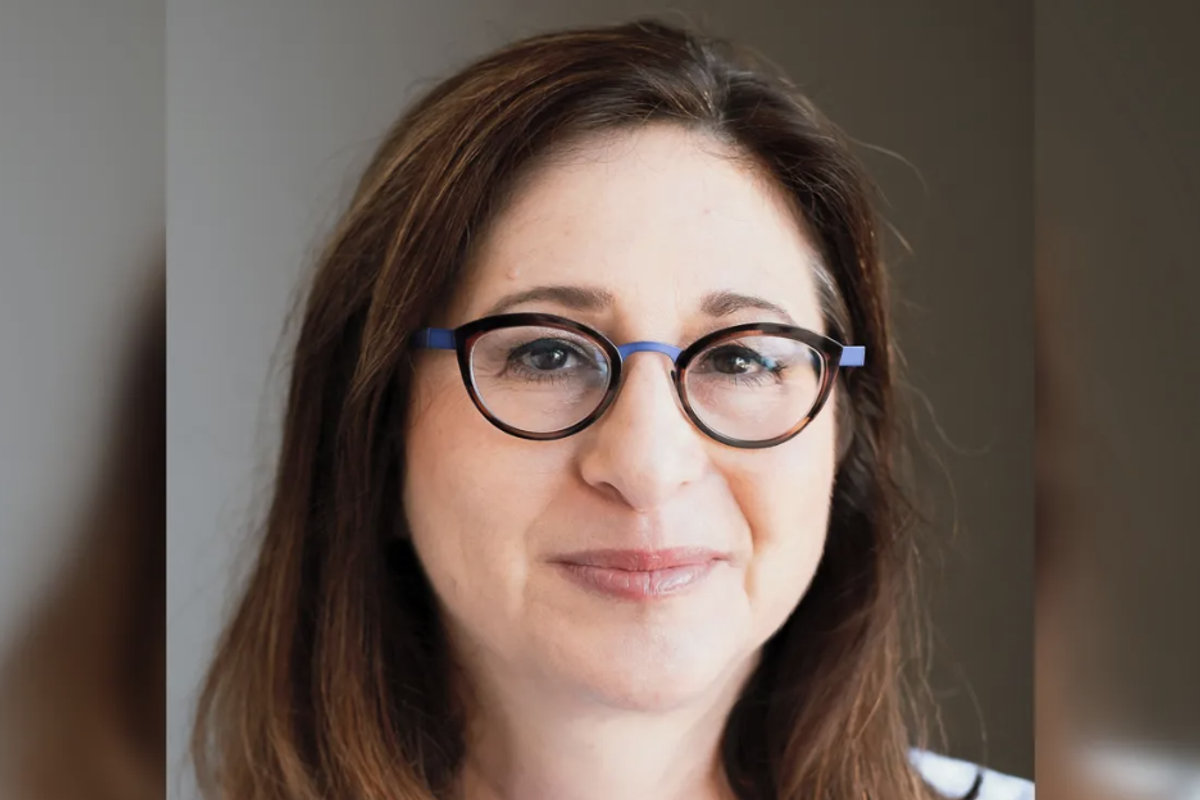Houston space research nonprofit announces new international agreement
partnership launch
Houston's Translational Research Institute for Space Health, or TRISH, has entered into an agreement with the Korea National Institute of Health to collaborate on research and discovery relating to space health.
According to a release, the organizations aim to uncover health findings that can assist in NASA's upcoming Artemis missions, as well as have Earth-bound impacts. The agreement is a Memorandum of Understanding which states that both organizations will "develop fruitful areas of cooperation for space health."
TRISH — which is affiliated with Baylor College of Medicine — and KNIH plan to collaborate on research related to mental health issues due to space travel, the challenges of food supply in deep space, the negative effects of space radiation and en-suite medical care for long-duration space travel.
“As in space, there should be no borders or boundaries to scientific discovery that benefits humankind,” Dorit Donoviel, associate professor in the Center for Space Medicine at Baylor and executive director TRISH said in a statement. “With this agreement, we will work together with the KNIH to collaborate and foster meaningful discussion with the ambition of keeping humans healthy in space and on Earth.”
TRISH announced last month that it will launch six experiments into space aboard Axiom Space's Ax-2 mission in consortium with CalTeach and MIT, which was originally targeted to launch this month.
TRISH is also slated to launch nine experiments on board SpaceX's Polaris Dawn mission, which is now expected to launch in September.
Some of the information found from these missions will become part of TRISH’s Enhancing eXploration Platforms and ANalog Definition, or EXPAND, program, which aims to boost human health on commercial space flights through its database. The program launched in 2021.
 Dorit Donoviel, director of the Translational Research Institute for Space Health
Dorit Donoviel, director of the Translational Research Institute for Space Health
